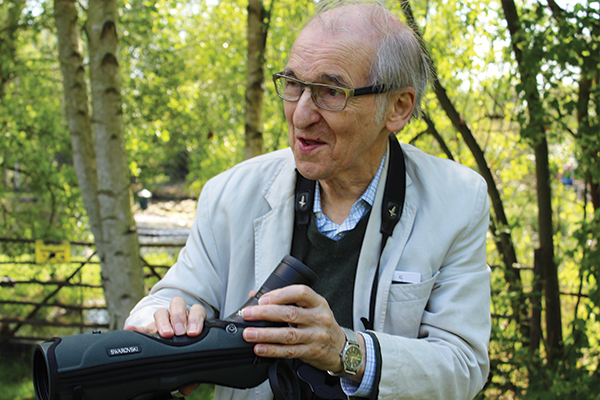When great empires collapse, and when emperors lose touch with reality, trouble tends to follow. An eminent political historian is not shocked by current events in Ukraine
A handful of extraordinarily powerful individuals ruled much of the world for over five millennia. For the past six years I have been investigating supreme leadership in differing dynastic, political, religious and cultural contexts – though in many ways my new book, In the Shadow of the Gods: The Emperor in World History, sums up everything I have studied, taught and written about in a career of nearly 50 years. It is in part a collective biography, in part an anatomy of hereditary imperial monarchy as a type of political system and in part an essay on leadership. I study many of the most fascinating individuals, most dramatic events and most significant polities in history. Emperors mattered in ways that still resonate in today’s world.
A crucial example is the close link between emperors and religion. Without Constantine, the marriage of Roman Empire and Christianity, which lies at the core of Western civilisation, might well not have happened. Without the third-century BCE Indian emperor Ashoka, Buddhism would probably have died out or remained a smallish sect in northern India instead of having a huge religious and cultural impact across most of Asia.



